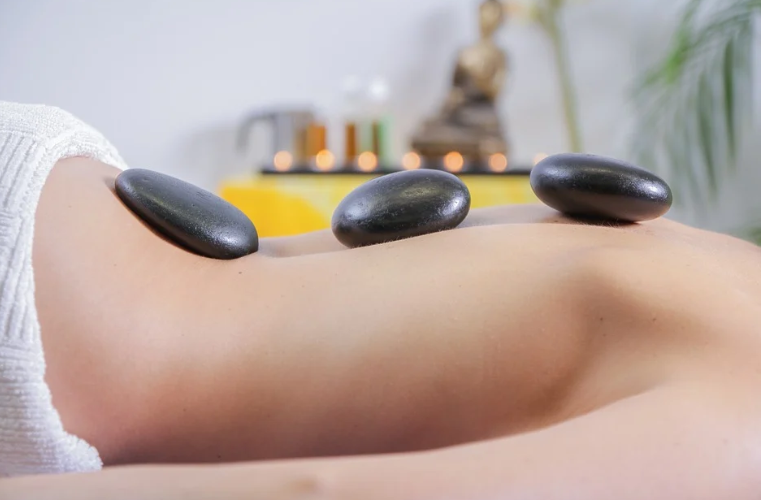The Hands-On Ways of Tackling Stress Physically
Stress might be in the mind, primarily, but that doesn’t mean that it can’t affect the body. Stress can influence how we sleep, how we experience pain, and much more. As such, you can also use the body to relieve stress. Here, we’re going to look at the physical approach to handling stress.
Take the time to relax
It might sound like a redundant tip. Being able to relax is the whole purpose of fighting stress. However, there is a technique called progressive relaxation that can help when you’re feeling extra tense. It starts with tensing or stretching the parts of your body individually, starting from your fingertips to the lower arms, up to the chest, back, and abdominals, and a similar process from the toes up to the waist, too. It can help when you’re feeling a little tight.
Deep breaths
Slowing your body down can help your brain slow down as well, stopping anxious thoughts from running from one to the other. Combining deep breathing with muscle relaxing stretches is one of the big benefits of yoga. It can also do a great job of reducing the inflammation that also comes with stress, too.
Get moving
It should be no surprise that exercise can get the stress out of your body. For one, your muscles won’t have the energy to be stressed. Furthermore, it also releases neurotransmitters like dopamine and endorphins that can both lower the release of cortisol (the stress hormone) while generally improving your mood, improving your sleep, and increasing your energy levels throughout the day. High-intensity cardio exercise is some of the best for giving you a shot of this runner’s high.
Look for some help
You shouldn’t be trying to get rid of this stress all alone. Having someone else put their hands on you can be a huge relief, especially if they’re trained to do just that. A chiropractor can relieve a lot of the tension and posture problems that can contribute to physical stress. This relief then goes on to lead to reduced mental stress. The physical and mental are in a continuous cycle, so relieving one type can relieve the other.
There are devices to help
As well as therapeutic treatments, there are also mechanical devices that can play a big role in relieving stress, and we’re not just talking about stress balls or Rubix cubes. If you’re trying to ease physical stress in your shoulders and upper back, for instance, there are massage pillows that can knead the muscles and help massage the tension out. As mentioned above, relieving this physical stress can help improve the mental and emotional situation as well.
If you’re dealing with chronic stress, then the physical approach as outlined above is only one of the steps. Taking the time to process it emotionally and affecting the lifestyle factors contributing to it is just as important. But the physical steps can be the easiest to start with, so it’s worth keeping them in mind.
